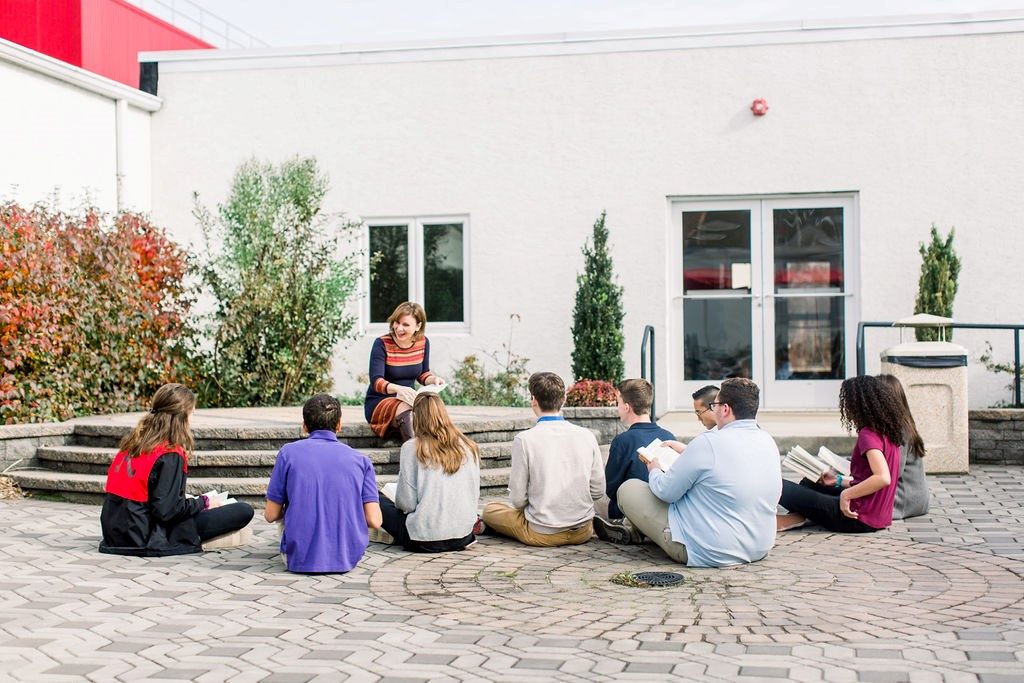Confirmation or Transformation

Our headmaster, Patrick Fitzpatrick originally had the following blog entry published in The Journal: A Conversation on Education in the Classical Tradition. Volume III, Winter 2009, but the information contained within is worth repeating for a new generation of parents, educators, and students.
Confirmation or Transformation by Pat Fitzpatrick
Whenever I ponder the question of whether Christian schools make “spiritual formation” a mission objective, I reflect on my own childhood education, which included fourth through seventh grade in a parochial school. These years happened also to be my first four as a young convert to Christianity.
“Knowing truth and experiencing a transformation in the heart because of truth are two different things.”
The pastor taught our confirmation class each day, introducing concepts like eternal security, salvation, and baptism in a traditional denominational context. Concurrently, I was also active in another church in town. Unwittingly, the confirmation class pastor played a huge role in my spiritual formation, not because of the weight of material I memorized for him, but because many of his claims ran counter to what I was hearing in church. This conflict fed my spiritual formation as I tirelessly pursued the truth. My classmates were eventually confirmed, but sadly not transformed. Their experience lacked the tension that catalyzed my growth. For them, the indoctrination was drudgery—even perhaps, a necessary evil.
I share this personal anecdote to emphasize that young children can think deeply about spiritual truths, but also to challenge our Christian schools to be places where students are safely guided to the truth rather than places where teaching is reduced to simply telling the truth and assessing students for recall or understanding. Knowing truth and experiencing a transformation in the heart because of truth are two different things. If we want our students to personally embrace the fact that God loves them, it won’t be achieved through indoctrination. Instead, we need to find ways to encourage students to wrestle with truth—even if it means that they go home from a lesson in conflict or confusion.

As a school administrator, rather than making “spiritual formation” an objective of our mission, I would prefer to make “the opportunity for spiritual formation” a critical objective. This is not simply playing with words. My hope in creating these opportunities is that God will do a work in our students as they interface with the truths of scripture, as they interact with godly teachers, or as they wrestle with tensions and confusion that may crop up during a lesson. We need to offer the opportunities for students to develop in their spiritual formation, and we need to guard against all that hinders. In so doing, we need to recognize that any spiritual formation—any meaningful transformation of the heart—is the work of the Spirit of God.
Our school serves Christian students and students who have not yet made decisions for Christ. Students who have not yet become Christians will not experience spiritual formation without first becoming new creatures through Christ. When we graduate a student who has not become a Christian, despite the intense biblical literacy and integration that characterizes our curriculum, though, our mission has not failed. This is because our mission as a school is limited to what we can do as Christian educators. We can plant, we can water, we can toil in the vineyard, but God gives the increase if He wills and when He wills.